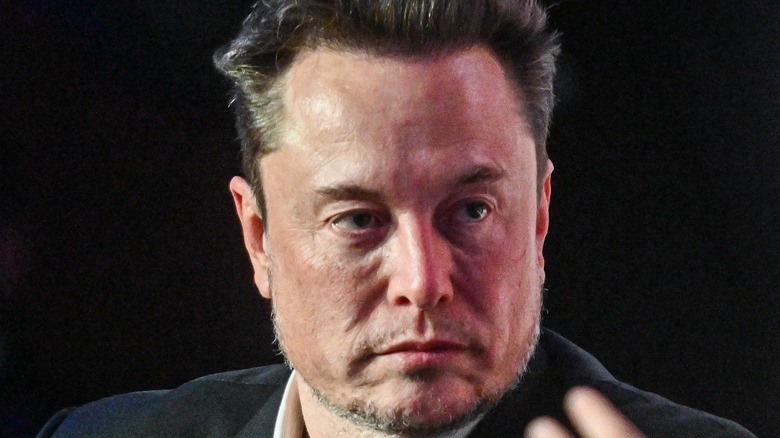
Omar Marques/Getty Images
Elon Musk ruffled more than a few feathers when he purchased Twitter and he’s made numerous headlines over the last couple of years, many of them due to his controversial rebranding of the platform as X, as well as claims about bringing free speech to social media and his beliefs about the dangers of «woke» ideology. In fact, it’s easy to lose sight of one of the first scandals Musk faced when he first took over.
Shortly after buying Twitter for the colossal sum of $44 billion in late 2022, Musk instituted a series of layoffs. He started with many of the company’s executives and quickly worked his way down to engineers and other employees. Some of these layoffs occurred in a scramble to cut costs, as Musk claimed the company was bleeding money, while others were supposedly due to negligence.
Several former Twitter employees sued Musk within weeks of his takeover due to alleged violations of the WARN Act, and now more than a year later, the billionaire is facing another lawsuit related to the Twitter purge — this one from former executives. The Wall Street Journal reports that the former CEO, CFO, legal chief, and general counsel at Twitter are all disputing Musk’s claim that he had cause to fire them, and are suing him over unpaid severance.
Executives claim Musk owes them tens of millions of dollars

Kaspars Grinvalds/Shutterstock
For those who don’t remember, Musk’s acquisition of Twitter was a bit of a mess. After his initial offer, widely considered to have dramatically over-valued the platform, Musk tried to kill the Twitter deal. The company’s executives then put legal pressure on the multi-billionaire to follow through with his offer until he ultimately made an about-face and agreed to buy Twitter at his original price. He then fired many of the same executives who led the company when it pushed Musk to buy it, claiming gross negligence and willful misconduct.
According to the WSJ, the fired Twitter executives say that these charges have no merit, and they are now collectively suing Musk for more than $128 million. The article cites the group, which claims, «This is the Musk playbook: to keep the money he owes other people, and force them to sue him. Even in defeat, Musk can impose delay, hassle, and expense on others less able to afford it.»
These individuals have argued that none of the reasons presented by Musk are supportable and that firing executives without their contractual severance sets a bad precedent, since without severance, there’s usually no reason for them to stay on during a transition that is likely to end in their termination.